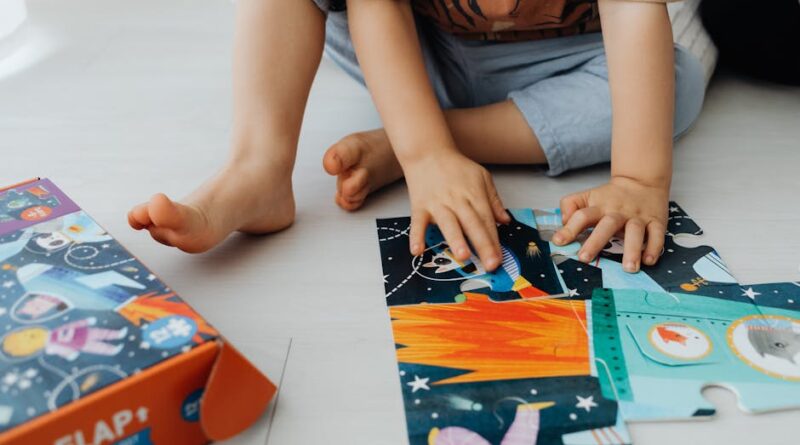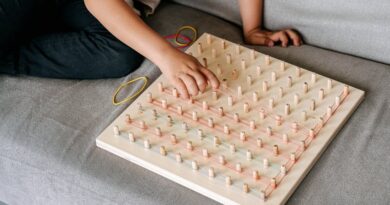The Benefits of Puzzle Games for Young Minds
When it comes to childhood development, parents and educators are constantly seeking ways to enhance cognitive abilities, improve problem-solving skills, and foster critical thinking. In this quest, puzzle games have emerged as a popular and effective tool for stimulating the minds of young individuals. From jigsaw puzzles to crosswords, Sudoku to brain teasers, puzzle games come in various forms and offer a myriad of benefits for young minds. Let’s delve into the world of puzzle games and explore the numerous advantages they bring to the table.
The Power of Puzzles
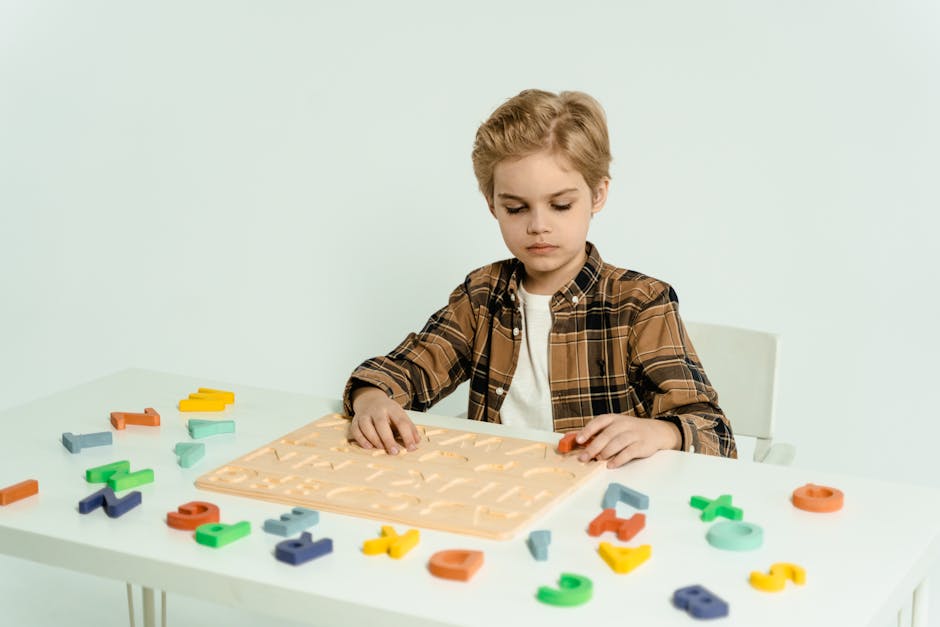
Puzzles have been a part of human history for centuries, challenging our intellect and creativity. They come in all shapes and sizes, from simple wooden puzzles to complex brain teasers, each designed to engage our brains in unique ways. For young minds, solving puzzles can have a profound impact on cognitive development, memory retention, and problem-solving skills. But what exactly makes puzzle games so beneficial for children?
Enhanced Cognitive Skills
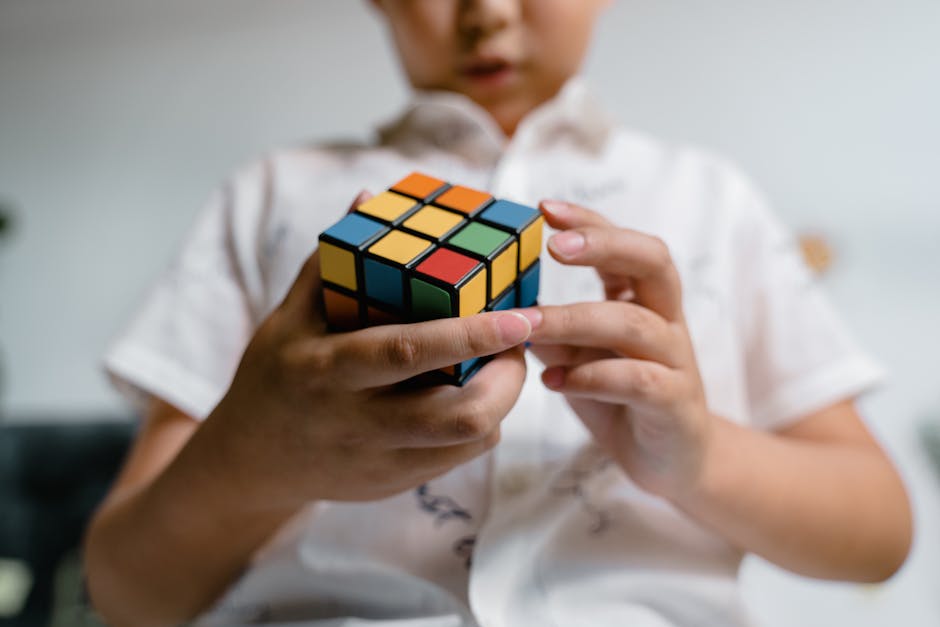
One of the key benefits of puzzle games for young minds is the enhancement of cognitive skills. When children engage in solving puzzles, they are required to use critical thinking, logic, and reasoning to find solutions. This process helps to develop their problem-solving abilities and sharpens their analytical skills. Research has shown that children who regularly engage in puzzle games tend to perform better in tasks that require cognitive flexibility and creative thinking.
For example, a study conducted by the University of Chicago found that children who played puzzle games regularly showed improvements in their memory, attention span, and spatial awareness. These cognitive benefits can have a lasting impact on a child’s academic performance and overall cognitive development.
Improved Concentration and Focus
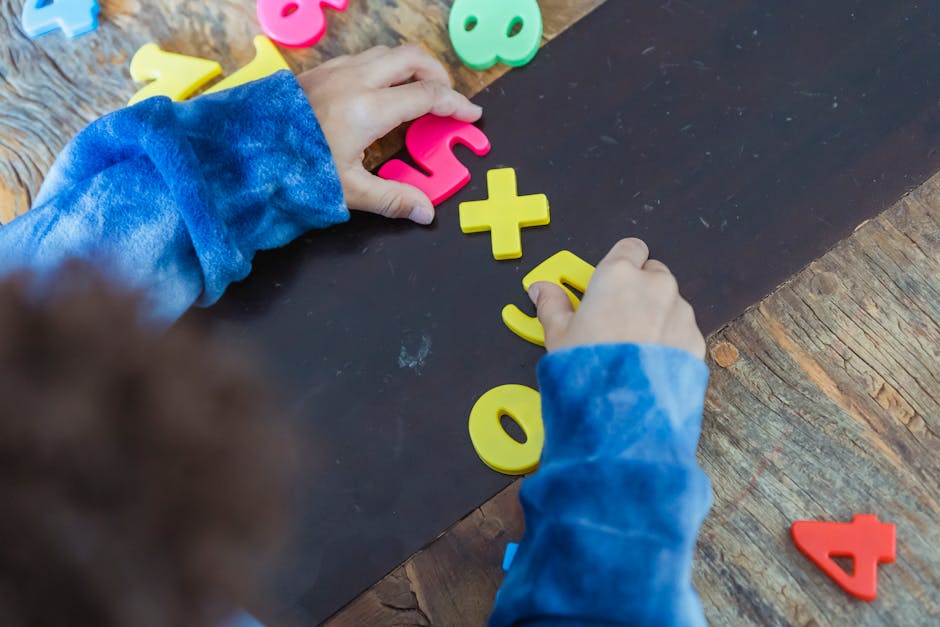
Another significant benefit of puzzle games for young minds is the improvement in concentration and focus. In today’s fast-paced world filled with distractions, children often struggle to maintain their attention on a single task. Puzzle games provide a structured and engaging activity that requires sustained focus and concentration to complete. By engaging in puzzles, children learn to block out distractions, stay focused on the task at hand, and develop better attention span.
Moreover, the sense of accomplishment that comes from completing a puzzle can boost a child’s confidence and motivation, further enhancing their ability to concentrate on challenging tasks. This improved concentration can translate into better academic performance, as children are better able to focus during lessons and retain information more effectively.
Enhanced Problem-Solving Skills
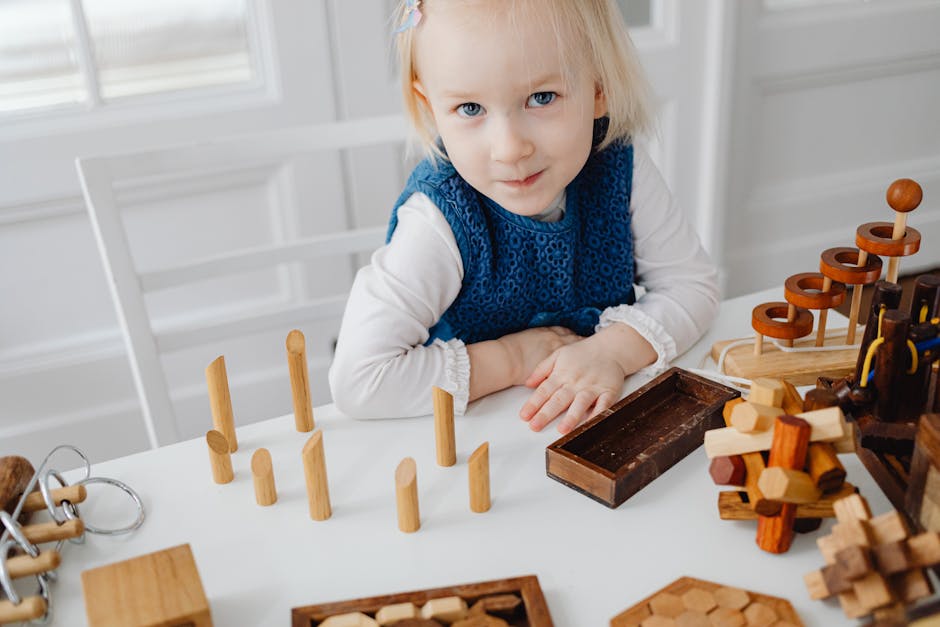
Problem-solving is a crucial skill that children need to navigate the complexities of the world around them. Puzzle games are an excellent way to hone this skill, as they present children with a variety of challenges that require them to think critically and come up with creative solutions. Whether it’s figuring out the right piece to fit into a jigsaw puzzle or finding the missing word in a crossword, puzzle games help children develop their problem-solving abilities in a fun and engaging way.
By engaging in puzzle games regularly, children learn to approach problems from different angles, think outside the box, and persevere in the face of challenges. These problem-solving skills are transferable to various aspects of their lives, from school assignments to social interactions, making puzzle games a valuable tool for preparing children for success in the future.
Development of Fine Motor Skills
In addition to cognitive benefits, puzzle games also help in the development of fine motor skills in young children. Manipulating puzzle pieces, moving objects around, and fitting shapes together require precision and coordination of hand movements. These activities help children improve their hand-eye coordination, dexterity, and spatial awareness, which are essential for tasks such as writing, drawing, and playing musical instruments.
Furthermore, the tactile nature of puzzle games provides sensory stimulation that can benefit children with sensory processing issues or developmental delays. By engaging in puzzle games that involve touch and movement, children can improve their sensory integration and motor skills in a fun and interactive way.
Boost in Self-esteem and Confidence
Completing a challenging puzzle can be a rewarding experience for children, leading to a boost in their self-esteem and confidence. As children work through a puzzle and overcome obstacles, they build a sense of accomplishment and pride in their abilities. This sense of achievement can motivate children to take on new challenges, explore their capabilities, and develop a positive self-image.
Moreover, the collaborative nature of some puzzle games, such as group jigsaw puzzles or escape room challenges, can also promote teamwork, communication, and social skills. By working together with others to solve a puzzle, children learn to share ideas, listen to different perspectives, and collaborate towards a common goal. These social interactions not only enhance their problem-solving skills but also contribute to their emotional intelligence and ability to work effectively in a team.
Stress Relief and Relaxation
In today’s fast-paced and stressful world, children are not immune to the pressures of daily life. Academic demands, social pressures, and extracurricular activities can all contribute to stress and anxiety in young individuals. Engaging in puzzle games can provide a much-needed break from the hustle and bustle of daily life, offering a moment of relaxation and stress relief.
The immersive and absorbing nature of puzzle games allows children to focus their minds on a single task, creating a sense of calm and tranquility. This mental relaxation can reduce stress levels, improve mood, and promote overall well-being. Additionally, the sense of accomplishment that comes from completing a puzzle can boost children’s self-esteem and provide a sense of control over their environment, further reducing feelings of anxiety and worry.
Conclusion
To wrap things up, puzzle games offer a plethora of benefits for young minds, ranging from cognitive development to improved concentration, problem-solving skills, and self-esteem. By engaging in puzzle games regularly, children can enhance their cognitive abilities, develop essential skills, and foster a love for learning. Whether it’s a simple jigsaw puzzle or a complex brain teaser, puzzle games provide a fun and engaging way for children to challenge themselves, explore new ideas, and grow intellectually. So, next time you’re looking for a way to stimulate your child’s mind, consider introducing them to the world of puzzle games and watch as their skills and confidence soar.

